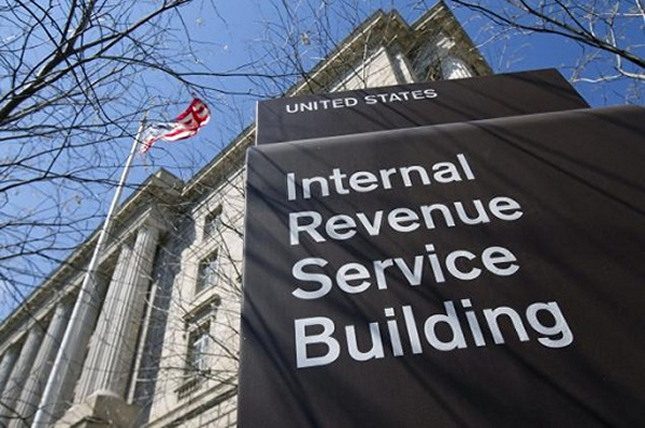
Tax brackets are set to rise by 5.4 percent in 2024, allowing Americans to increase their take-home pay.
The IRS announced the higher limits in November, which could allow Americans to keep more of their own money, Fox Business reported Tuesday.
Even though the IRS makes adjustments annually, the increases are more significant for 2024 due to the high inflation rates experienced over the past few years.
Despite inflation dipping over the past year, rates remain well above the Federal Reserve‘s target of 2 percent.
The adjustment aims to avoid what is called “bracket creep,” where Americans see an increase in wages, but don’t see an increase in their standard of living due to higher prices on the goods they purchase.
Under the new changes, the standard deduction will rise from $27,700 to $29,200 for married couples, the IRS announced.
Individuals will see their standard deduction increase from $13,850 to $14,600.
The new changes amount to a 5.4 percent increase in take-home pay for the average household, according to Fox Business.
The IRS announced several other changes to the 2024 tax rates as well.
The Alternative Minimum Tax exemption is set to increase to $85,700, up from $81,300, and will begin to phase out at $609,350 in 2024, instead of the 2023 rate phase-out at $578,150.
The maximum Earned Income Tax Credit amount for taxpayers with three or more qualifying children for 2024 will be $7,830, an increase of $400.
The IRS is also set to make several changes that will help taxpayers pay for health care expenses, CBS reported.
Under the new rates, contribution limits for flexible spending accounts will increase to $3,200 in 2024, an increase of $150.
Health Savings Accounts will also see a higher contribution limit, with single taxpayers being allowed to contribute $4,150, an increase of 7.8 percent, with families receiving a 7.1 percent increase to $8,300.
Participants who have a Medical Savings Account and self-only coverage will see an increase of $250 from 2023, with a maximum out-of-pocket expense amount of $5,550.
Families with self-only coverage under a Medical Savings Account will see an increase of $550, with rate limits rising to $10,200 for 2024.
Under the Tax Cuts and Jobs Act, the personal exemption tax rate for 2024 will remain at zero, the IRS announced.
This article appeared originally on The Western Journal.
The post New IRS Tax Brackets Take Effect in 2024 – Here’s How the Changes Will Impact You appeared first on The Gateway Pundit.
